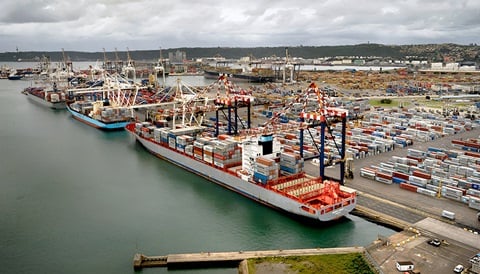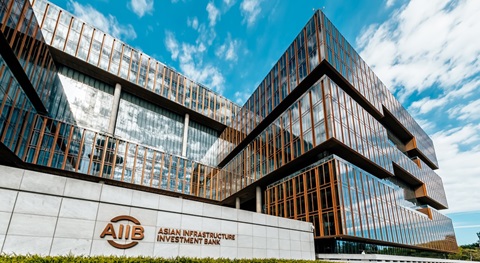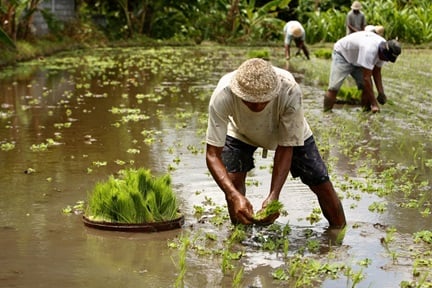Nigeria receives US$14.3 bn in investment pledges from Indian businesses
Commitments span multiple sectors, including power, manufacturing and defence
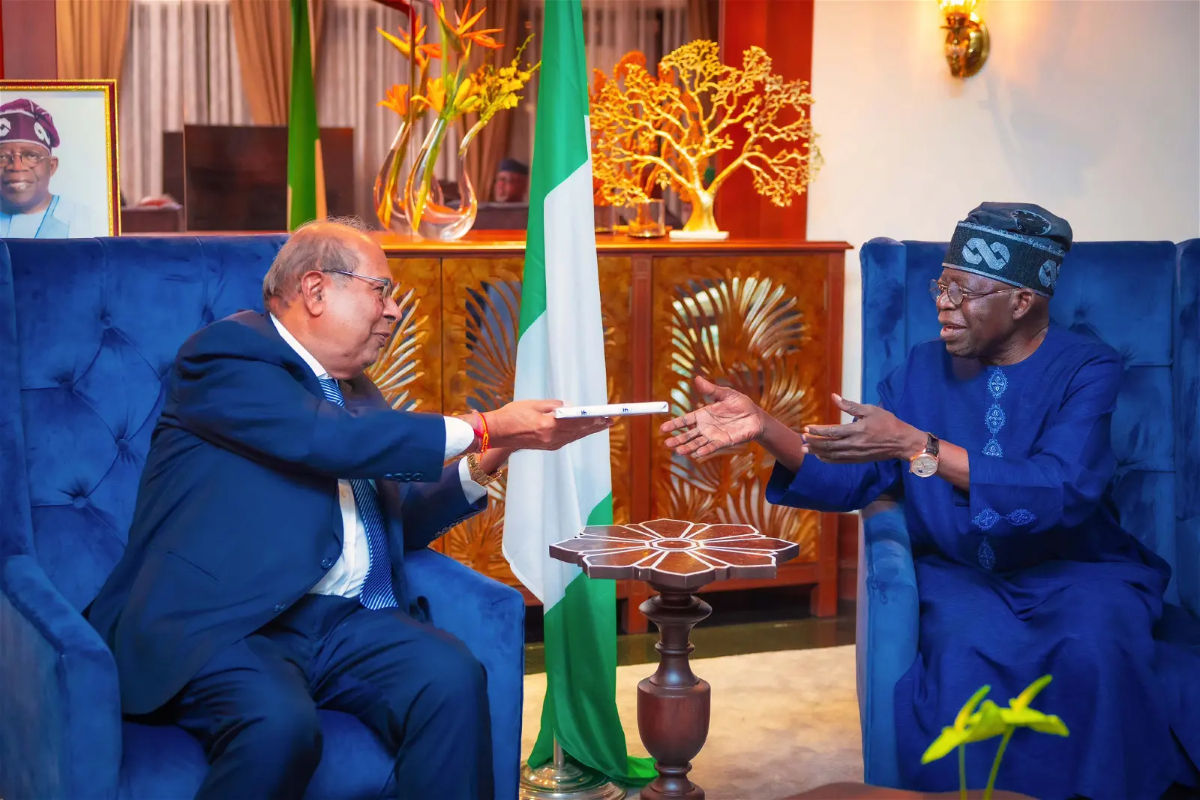 Photo credit: Vanguard
Photo credit: Vanguard
Nigeria has won US$14 billion worth of investments from the Indian businesses. This was announced on the sidelines of the G20 gathering in New Delhi, where President Bola Tinubu met with the captains of Indian industry.
Following talks with Tinubu, who recently passed his first 100 days in office, Jindal Steel and Power, one of India’s top private steel producers, committed to invest US$3bn in iron ore processing and steel development in Nigeria. Elsewhere in Africa, Jindal has coal mining ventures in both South Africa and Mozambique.
Jitender Sachdeva, president of India’s SkipperSeil, a manufacturer of equipment for power generation and transmission, announced an investment of US$1.6bn to establish 20 power generation plants, each with a capacity of 100MW, across northern Nigeria over the next four years. SkipperSeil already has a subsidiary in Nigeria which has participated in several power projects.
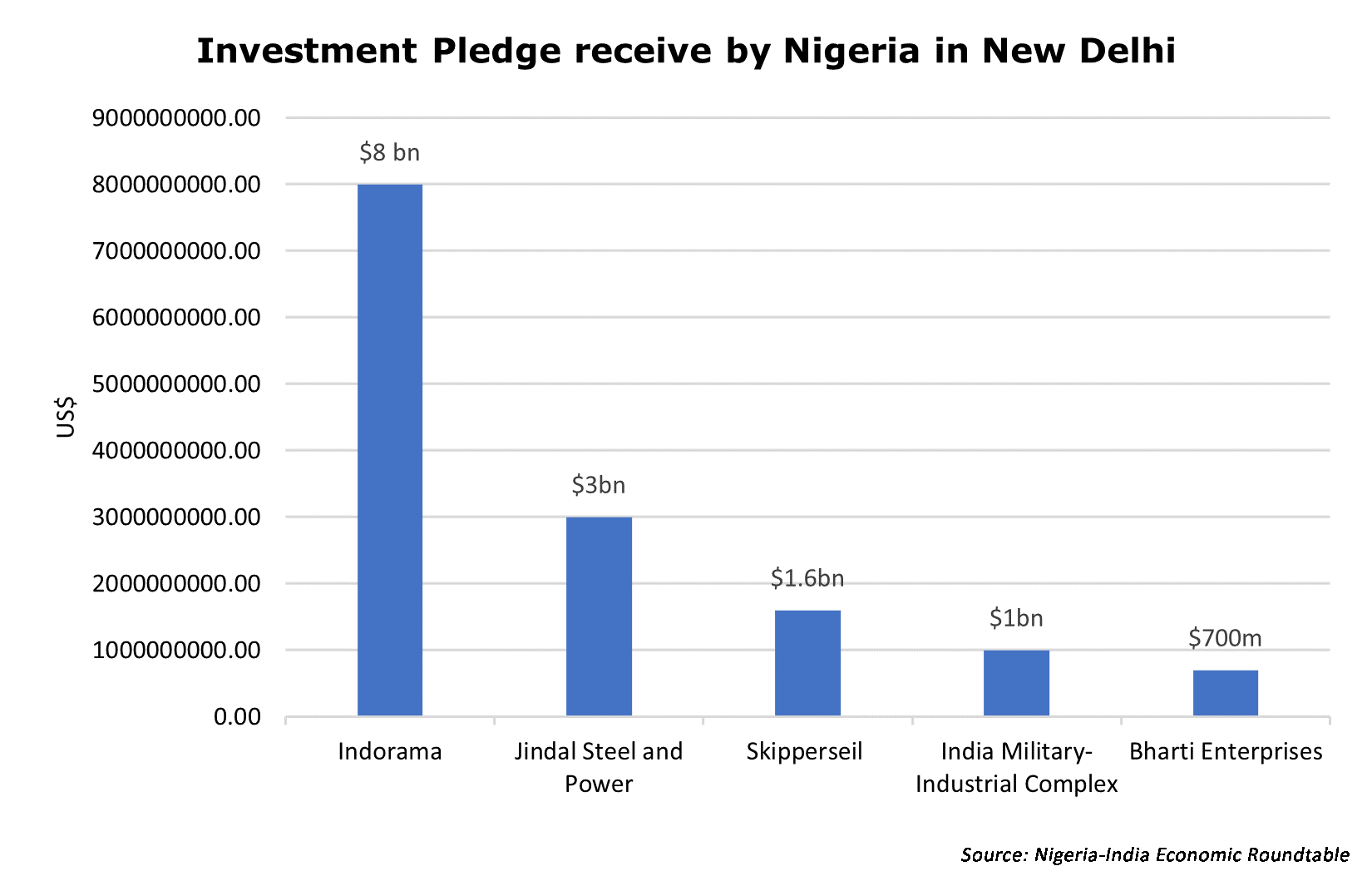 The UK-based Indian conglomerate Hinduja Group says it plans to invest “billions of dollars” in the Nigerian auto industry. Nnewi in Anambra state is home to a cluster of firms making cars and car parts. It is home of Innoson, a domestic truck maker which makes vehicles for commercial and military use. Nigeria is also among the world’s biggest market for bullet-proof vehicles, with many local firms that can retrofit SUVs with reinforced glass and heavy steel plates to protect against small arms attack. Hinduja is the parent company of Ashok Leyland, one of India’s largest producers of buses, trucks, and other commercial vehicles.
The UK-based Indian conglomerate Hinduja Group says it plans to invest “billions of dollars” in the Nigerian auto industry. Nnewi in Anambra state is home to a cluster of firms making cars and car parts. It is home of Innoson, a domestic truck maker which makes vehicles for commercial and military use. Nigeria is also among the world’s biggest market for bullet-proof vehicles, with many local firms that can retrofit SUVs with reinforced glass and heavy steel plates to protect against small arms attack. Hinduja is the parent company of Ashok Leyland, one of India’s largest producers of buses, trucks, and other commercial vehicles.
Tinubu has also greenlighted a new US$1bn agreement with the Indian government aimed at elevating the Defence Industries Corporation of Nigeria (DICON) to 40% self-sufficiency in local defence equipment manufacturing by 2027. The new deal will provide DICON with the funding and expertise it needs to modernize its facilities and produce a wider range of products. This includes everything from firearms and ammunition to armored vehicles and advanced communication systems. The deal is part of a broader effort by the Nigerian government to reduce its reliance on foreign arms imports.
Indian defence manufacturers have been selling a variety of weapons to African militaries, including small arms, helicopters, and surveillance equipment. Indian Defence Minister Rajnath Singh attended the swearing-in ceremony of President Bola Ahmed in May and has actively sought to promote Indian arms exports to Nigeria. The military engagement between the two nations goes back to 1960 when the two countries first began cooperating on security matters. The Nigerian Defence Academy (NDA) at Kaduna, the Naval College at Port Harcourt and the Command and Staff College, Abuja, are some of the military institutions India helped to set up.
Bharti Enterprises, which owns a stake in Nigerian mobile network operator Airtel, committed to invest an additional US$700m in the country. During a roundtable discussion, the company’s chairman Sunil Bharti Mittal commended the Nigerian president for unifying the foreign exchange market and freeing up capital to upgrade public infrastructure. Among those who committed fresh investments was the Singapore-based Indian run fertiliser manufacturer Indorama Corp which has plans to invest an additional $8 billion to expand its petrochemical facility.
Tinubu has sought to reform Nigeria’s ailing power sector, which has an installed capacity of over 16,000MW but sees less than 5,000MW reaching the grid. New legislation now permits each of Nigeria's 36 state governments to regulate their individual electricity markets, a duty previously overseen by the federal government. This legislative change paves the way for states to encourage competition, nurture innovation, and explore different methods for licensing and regulating private sector investments in electricity.
Since Tinubu took office, the Central Bank of Nigeria (CBN) has eased its grip on the naira-US dollar exchange rate. Previously, the CBN restricted official forex trading through a complex system of multiple exchange rates, which made it challenging for investors to move money out of Nigeria. Furthermore, Tinubu began his term by abolishing the longstanding fuel subsidy.
In an op-ed for the Business Day newspaper, Nigerian trade and industry minister Doris Uzoka-Anite highlighted the presence of tens of thousands from the Indian diaspora in Nigeria and mentioned that over 130 Indian companies are active in the country. However, a bilateral investment promotion and protection agreement and an economic cooperation pact between India and Nigeria remains to be signed. The Indian diaspora in Nigeria is estimated to be 50000 strong.
References
‘Nigeria power reform heralds biggest sector shakeup in 20 years’, Bloomberg, 12 June 2023
‘How electricity reform act will attract more investments’, Daily Trust, 12 June 2023
‘India’s Hinduja pledges investment in Nigerian auto industry’, Bloomberg, 05 September 2023
‘Nigeria gets $14 billion investment pledges from India, seeks economic pact’, Reuters, 06 September 2023
‘President Tinubu to Indian Investors: Do not procrastinate as Nigeria offers the best return on investment; Lauds $14 billion in new investment pledges at Nigeria-India Economic Roundtable’, The Statehouse Abuja, 06 September 2023
‘Nigeria to ink $1B military deal with India to help boost the African nation’s defense industry – reports’, The EurAsian Times, 08 September 2023
‘Strengthening Nigeria-India ties is an all-round win-win’, Business Day, 11 September 2023


